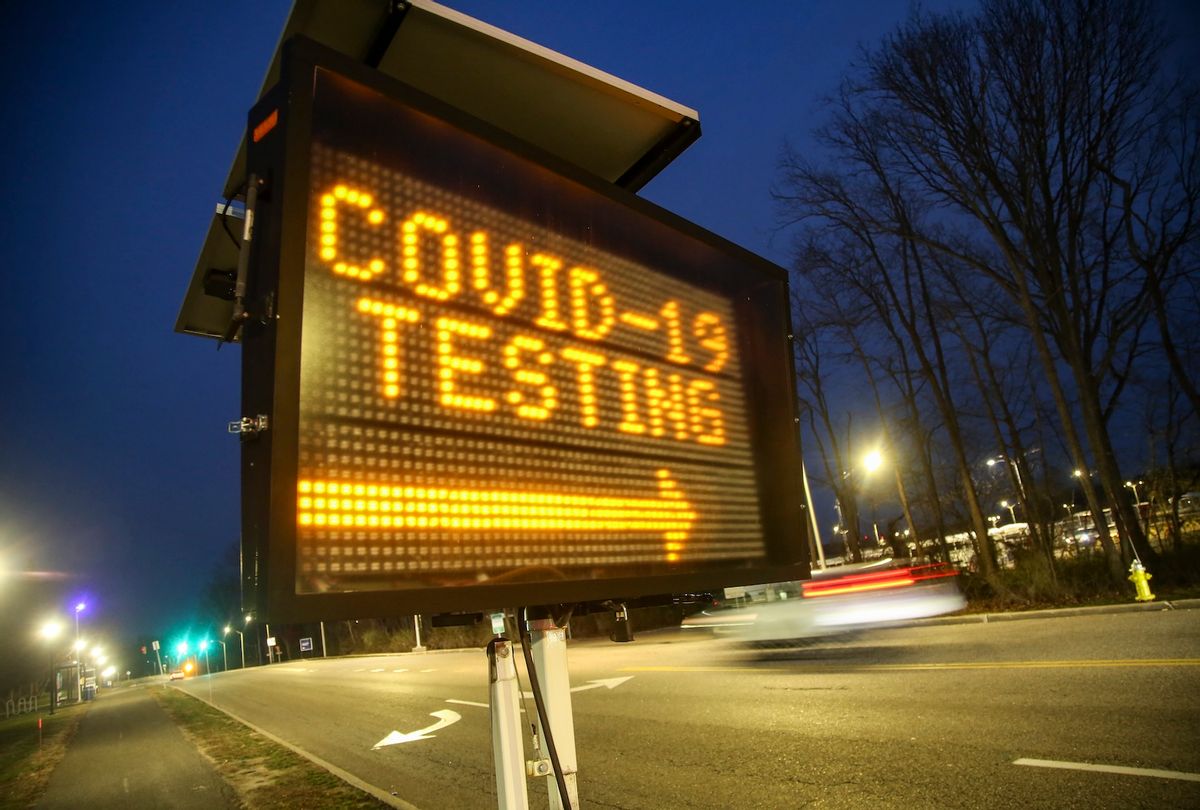Five Years After the Pandemic: Progress, Pitfalls, and New Perspectives on Health and Society
The impact of the COVID-19 pandemic continues to reshape healthcare and societal attitudes globally, revealing significant gaps in equity and trust in institutions.
Subscribe to unlock this story
We really don't like cutting you off, but you've reached your monthly limit. At just $3/month or $30/year, subscriptions are how we keep this project going. Start your free 7-day trial today!
Get Started
These are some of the ways the world has changed – for worse and for better – in the wake of the pandemic.
How the pandemic changed the world of disease control for worse -- and for better
 NPR·1M·ReliableThis source consistently reports facts with minimal bias, demonstrating high-quality journalism and accuracy.CenterThis outlet is balanced or reflects centrist views.
NPR·1M·ReliableThis source consistently reports facts with minimal bias, demonstrating high-quality journalism and accuracy.CenterThis outlet is balanced or reflects centrist views.
Five years after the pandemic, I’m holding out for a story that doesn’t just describe our experience, but transforms it.
The Literature of the Pandemic
 The Atlantic·1M·Mostly ReliableThis source is generally reliable but sometimes includes opinion, propaganda, or minor inaccuracies.Leans LeftThis outlet slightly leans left.
The Atlantic·1M·Mostly ReliableThis source is generally reliable but sometimes includes opinion, propaganda, or minor inaccuracies.Leans LeftThis outlet slightly leans left.
The fact that this was essentially allowed to happen, and that Americans were at greater risk than we could have imagined, is an eye-opener.
Masks off: The lessons we didn't learn from COVID
 Salon·1M·Mostly ReliableThis source is generally reliable but sometimes includes opinion, propaganda, or minor inaccuracies.LeftThis outlet favors left-wing views.
Salon·1M·Mostly ReliableThis source is generally reliable but sometimes includes opinion, propaganda, or minor inaccuracies.LeftThis outlet favors left-wing views.
Summary
As we mark five years since COVID-19 was declared a pandemic, global health systems show both improvements and stark challenges, highlighting increased inequities, trust issues in science, and the ongoing toll of the virus. Progress in disease surveillance, such as portable labs, contrasts with the decline in public trust and accountability among leaders. Despite advances, many marginalized communities continue to suffer from disparate health impacts. The pandemic has caused lasting changes in literature, healthcare discussions, and the political landscape, with healthcare inequality becoming more prominent as society grapples with the implications of mass death and institutional disregard.
Perspectives
The pandemic revealed significant weaknesses in global disease response and preparedness, highlighting a need for better disease tracking and resource sharing among nations.
OMISCPERORGLOCn disease surveillance, public distrust in scientific authorities has increased, complicating future public health efforts.
The pandemic has caused a breakdown in international relations and cooperation, with ongoing challenges in negotiating a global Pandemic Treaty.